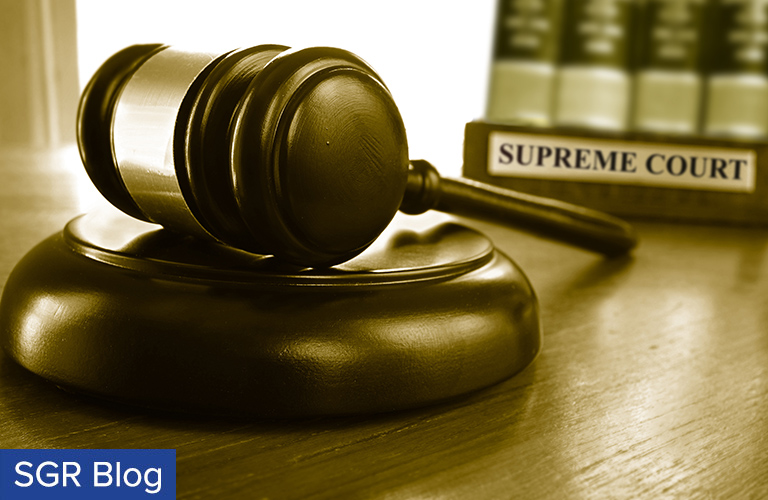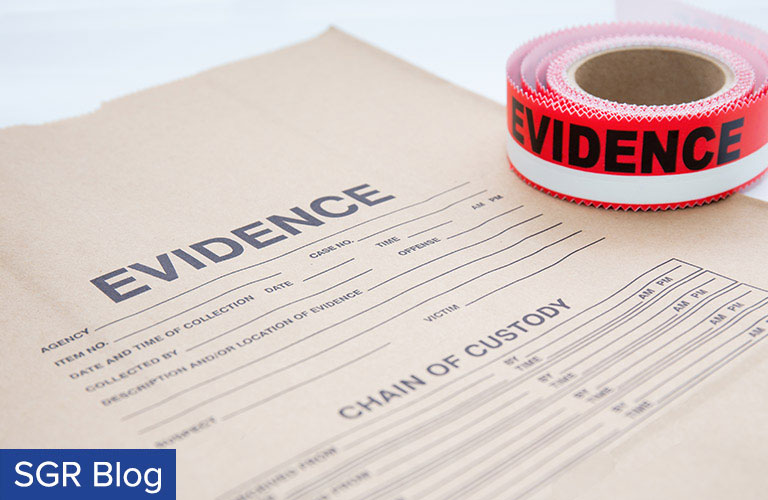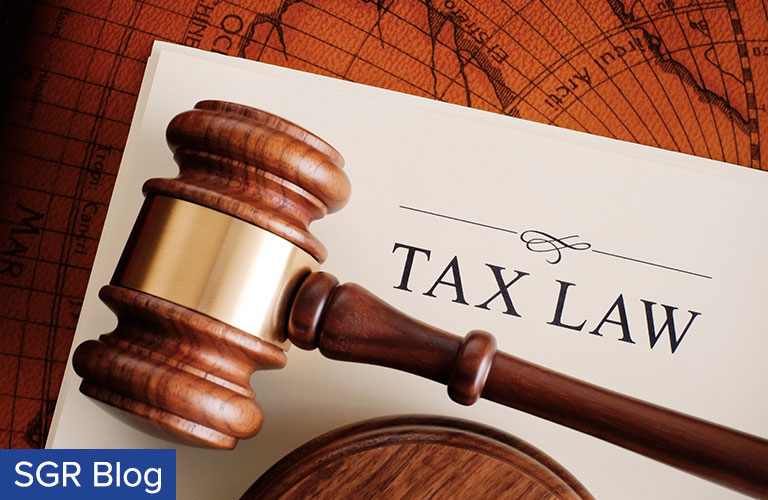
O.C.G.A. § 9-10-31.1 allows a court to dismiss a lawsuit filed in Georgia, “for the convenience of the parties and witnesses” when that claim “would be more properly heard in a forum outside of” Georgia. Can a Georgia case be dismissed in favor of a forum of a foreign country? In La Fontaine v. Signature Research, Inc., Case No. S18G0078 (decided February 4, 2019), the Georgia Supreme Court said “no.” The plaintiffs in the case resided in Michigan and the defendant was a Georgia corporation. However, the case arose when the plaintiffs were injured in a fall from a collapsed zip-line… Read more










